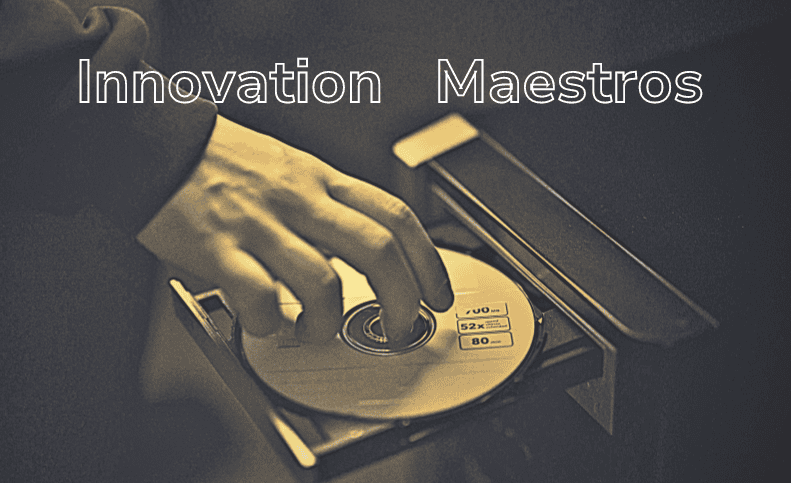
Eindhoven-based health tech startup AlphaBeats is partnering with Berlin-based Kenkou to develop stress measurement that does not require wearables. The use of a cell phone will be sufficient for a medically sound measurement of heart rate variability. AlphaBeats uses a technology developed by Philips that combines biofeedback with music to reduce the effects of stress. For this goal, Kenkou’s technology can use a cell phone as a biosensor – exactly what is needed to generate the feedback on which AlphaBeats has built its functionality.
Earlier this month, AlphaBeats announced an investment by LUMO Labs. Both organizations are based at High tech Campus Eindhoven. The investment will enable the startup to cover a period of 18 months for market validation and a market launch. The agreement with Kenkou is part of that process, says AlphaBeats CEO Han Dirkx. “The momentum we have gained thanks to the investment can be maintained and strengthened with this. Through the studies that Kenkou will help us with, we can establish that our goals are achievable in a medically sound way, without the need for additional wearables.”
Kenkou’s mission is to create accessible solutions around mobile health measurements. Their SDK (software development kit) can be integrated into health apps to measure and analyze vital cardiovascular data. For this purpose, the smartphone camera is used as a certified medical device with ECG quality. The biomarker heart rate variability (HRV) is central in this process.
“Our patented algorithm adjusts your favorite music in such a way that your brain enters a relaxed state: the alpha mode.”
Jur Vellema, AlphaBeats
AlphaBeats wants to use music-based biofeedback to help reduce chronic stress and its associated effects such as poor sleep, increased blood pressure, lowered immune system, anxiety, and depression. AlphaBeats measures stress levels through breathing and heart rate variability. Co-founder surgeon Dr. Jur Vellema: “AlphaBeats makes an analysis of your real-time brain activity based on this information. The patented algorithm then adjusts your favorite music in such a way that your brain enters a relaxed state: the alpha mode.”
The collaboration with Kenkou will speed up the market launch, Dirkx expects. “And that’s important because we now have 1400 beta testers who are eager to try out our solution and give us feedback. After completing that phase, we want to quickly test with a larger group of about five to ten thousand users to show that it works. With that data in our pocket, we’ll start talking about collaborations with potential partners such as music streaming services and manufacturers of wearables capable of taking real-time, continuous HRV measurements.”
In the coming months, Kenkou will be looking at ways to further improve the outcome of the measurement process. “You can imagine that the feedback we get while someone is listening to the music has to be as correct as possible. That means that while listening to someone’s favorite music you want to exclude the other signals wherever you can. How best to do that, we want to explore with the test group.”








